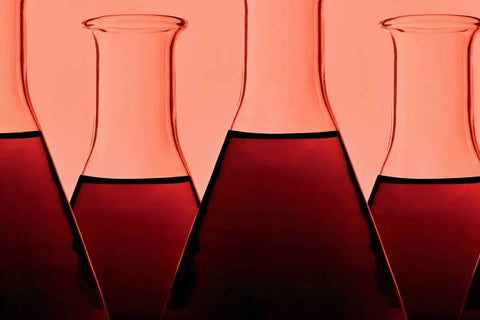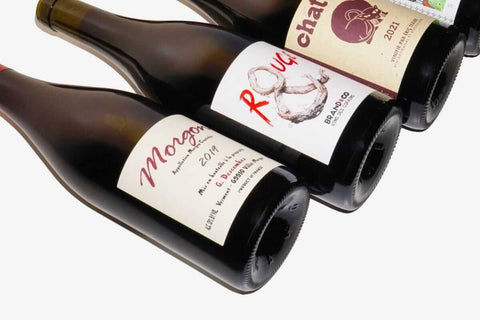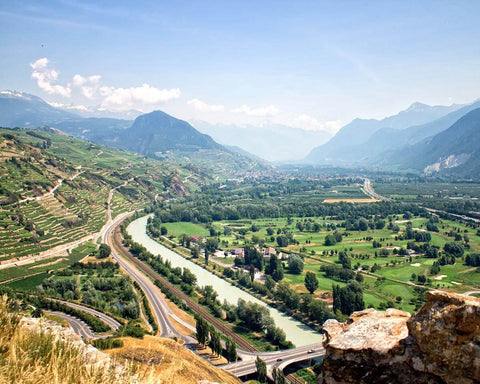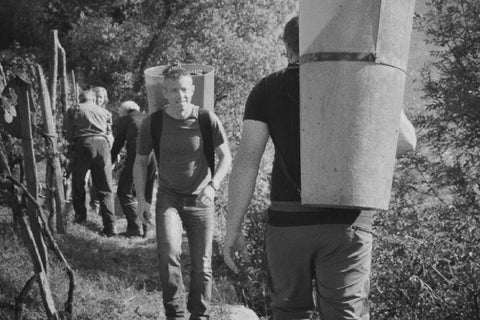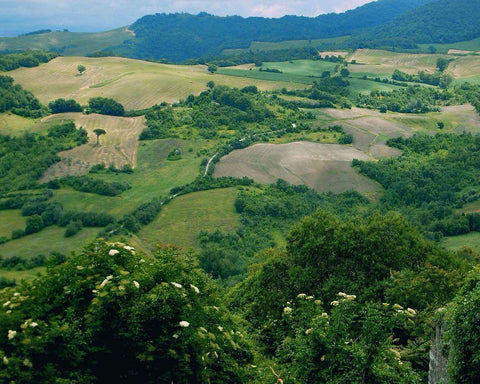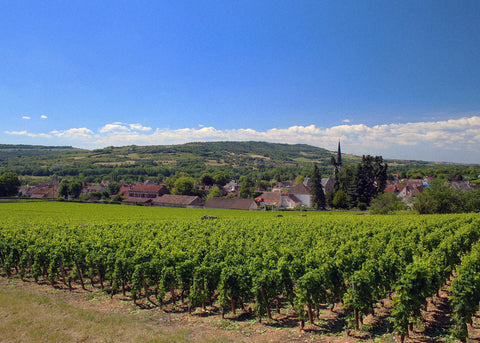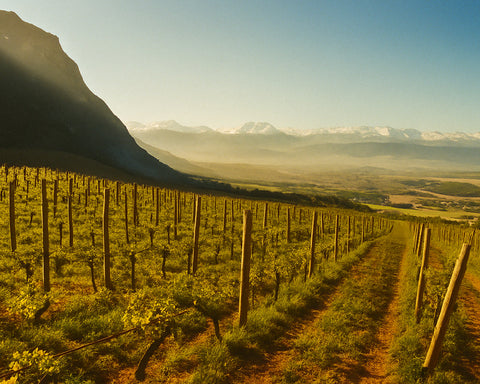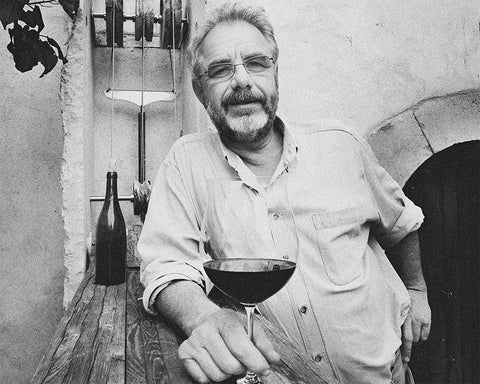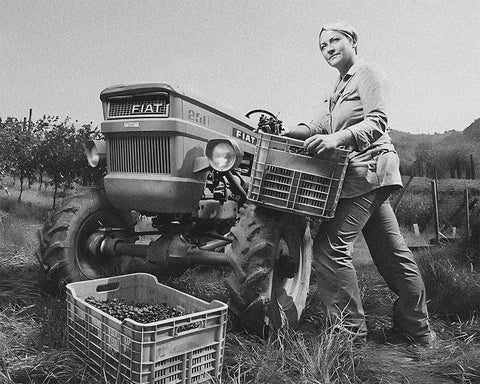What is unfiltered wine?
Unfiltered wine, is wine that has not been filtered before bottling. Filtration is a very common practice in winemaking: the wine is passed through substances or membranes to remove suspended particles. Quite intuitively, filtering a liquid might seem highly desirable. However, in this article we will examine reasons why this might not always be the case.
These are the topics we will discuss about:
- Why should we filter wine?
- Can we make a case for unfiltered wine?
- What are the risk of unfiltered wine? Is unfiltered wine dangerous?
- What is the connection between unfiltered wine and the natural wine movement?
- How does unfiltered wine look and taste like? Is unfiltered wine good?
Why should we filter wine?
The following are the main reasons why most winemakers would argue for filtering wine:
- Clarity: a filtered wine is usually clear and bright, without visible suspended particles or haze.
- Safety: filtering wine avoids wine spoiliage, which, in some cases, can happen due to the development of bacteria.
- Stability: wine is a living creature and evolves with time. Filtering out some the living microorganissms prevents them from changing a wine's composition.
Can we make a case for unfiltered wine?
The concept is rather simple. Filtering wine means that we are removing something from it. In the natural wine world this is seen as a way to impoverish the wine. In particular, the following are the areas of winemaking where filtration can actually be counterproductive:
- Flavor and Aroma Preservation: natural wine producers – but not only them – think that the filtration process can remove those compounds that contribute to the wine's aroma, flavor, mouthfeel, and ultimately to its true character.
- Natural Expression: Well-made unfiltered wines can offer a more authentic representation of terroir, capturing the essence of the place where the grapes were grown. The attribute of well-made is rather important here.
- Texture: nnfiltered wines can have a different mouthfeel, which can be richer or more complex. Again, a fairly intuitive concept. Solid particles were removed from the wine; its texture irremediably changed.
What are the risk of unfiltered wine? Is unfiltered wine dangerous?
Can we say anything at all to counter some of the arguments against filtering wine put forth in the natural wine movement? Here's a rundown of the most common counterarguments:
- Sediment: unfiltered wines are likely to develop sediment over time. Even though it's a natural occurrence and not harmful, some consumers might dislike a wine's appearance. Of course there's a simple remedy to this: decanting the wine.
- Shelf Life and Stability: given what we said regarding stability, it's understandable how some wines might have a shorter shelf life. Poorly made unfiltered wines can be susceptible to changes in flavor or appearance over time.
- Microbial Spoilage: in an unfiltered wine, as mentioned, we have microbial activity. Things are still happening in an unfiltered wine. Sometimes, if winemaking was sloppy, the wrong things happen, and spoiliage is a real threat.
What is the connection between unfiltered wine and the natural wine movement?
Within the natural wine movement, however losely we define it, avoiding wine filtration is a very common practice. We can safely say that it's become of the tenets of natural winemaking. A wine cannot be considered a natural wine if it's been filtered – or fined, but let's keep fining for another article.
Natural winemakers maintain that nothing should be taken away from wine, and therefore consider filtering an invasive technique. Moreover, they claim tha racking the wine is enough to eliminate solid particles and excessive impurities from wine. Racking is preferred as a non-invasive technique.
How does unfiltered wine look and taste like? Is unfiltered wine good?
While some consumers appreciate the depth and authenticity that unfiltered wines can offer, others might be looking for the consistency and polish of filtered wines. And unfiltered wine can taste more rustic, and less refined than a filtered wine; the mouthfeel can be quite different from a hyper-polished conventional wine. But I have drunk hundreds of unfiltered natural wines that taste as refined as any wine can be. Some of these natural wines dsiplay layers upon layers of flavors that would've been likely removed by an invasive filtering technique. So there it is!
However, it's essential to understand is that unfiltered doesn't necessarily mean better or worse. It is better, in my opinion, if the wine is overall well-made. But it's not always better, and the risks we outlined in this article are very much real.
